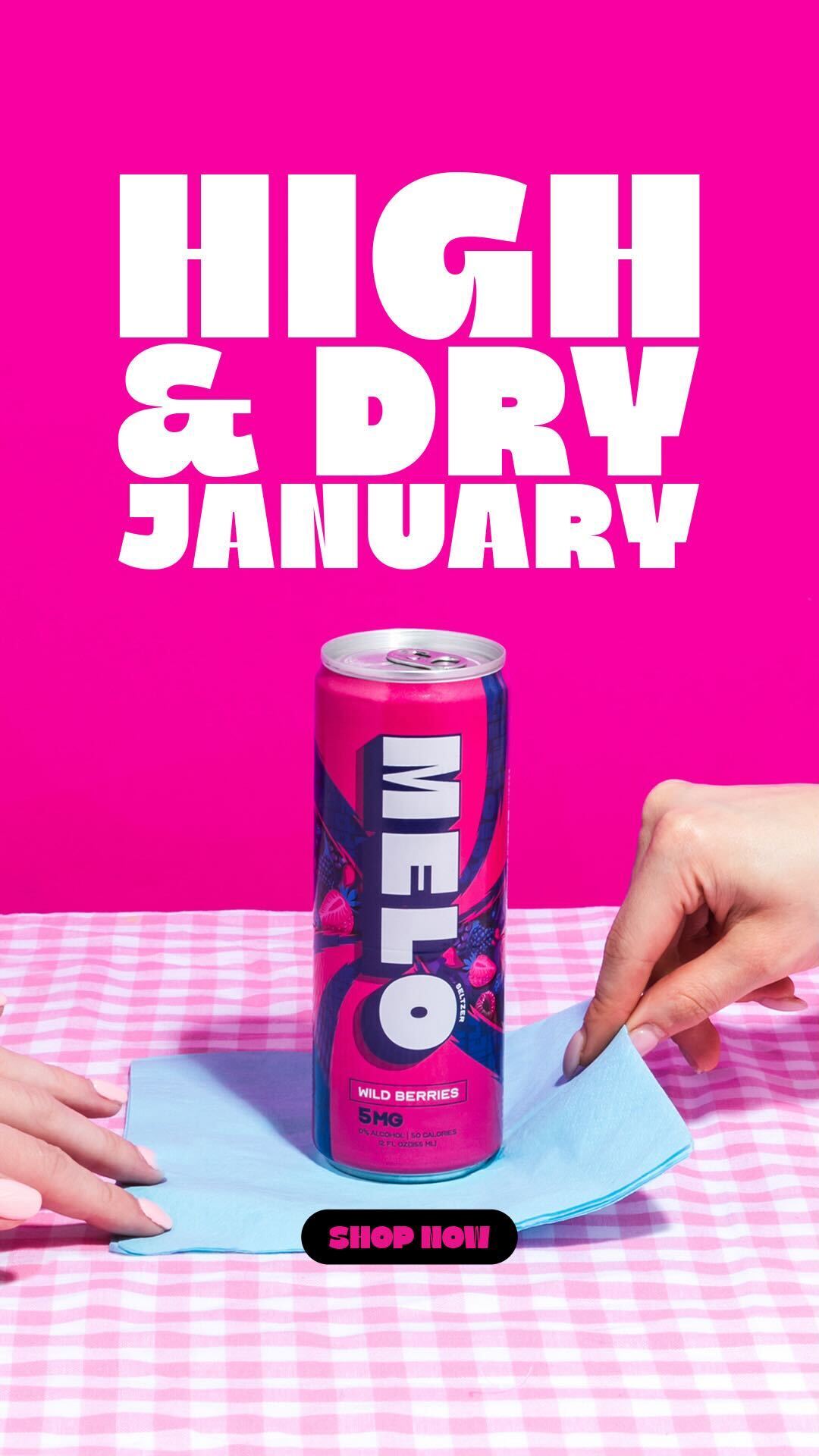Medical Use
The rise of cannabis-infused beverages has coincided with a growing acceptance of both medical and recreational marijuana use across the United States. This evolution presents complex legal questions, particularly regarding the sale and consumption of THC-containing drinks. The legal landscape surrounding THC beverages varies drastically depending on whether a state permits only medical marijuana or allows recreational use as well.
State-Specific Regulations
The legal status of cannabis-infused beverages hinges largely on a state’s stance on marijuana use. States that have legalized marijuana for both medical and recreational purposes generally have more lenient regulations concerning THC beverages. They often allow licensed retailers to sell these products, specifying permissible levels of THC and labeling requirements.
- Medical marijuana states tend to be stricter regarding the sale and distribution of THC beverages.
- In some cases, only patients with qualifying medical conditions and a valid prescription may purchase these drinks.
- There are often limits on potency and serving size.
- Possession and consumption in public spaces may still be restricted even in states where medical marijuana is legal.
Understanding the specific regulations within each state is crucial for both consumers and businesses operating in the cannabis industry.

Doctor’s Recommendations and Certification

In medical marijuana states, doctor’s recommendations and certifications play a pivotal role in accessing THC beverages. Patients typically require a valid recommendation from a licensed physician stating they have a qualifying medical condition that can be alleviated by cannabis use.
This recommendation often needs to be presented along with a patient registry ID or medical marijuana card when purchasing THC beverages at licensed dispensaries. Dispensaries are strictly regulated and often have staff trained to advise patients on appropriate dosages and product choices based on their medical needs.
Product Limits and Concentrations
Medical use of THC beverages is typically subject to stricter regulations than recreational use. States that permit medical marijuana often impose limitations on potency, concentration, and serving sizes.
In some cases, access may be restricted to patients with qualifying medical conditions who possess a valid prescription or medical marijuana card.
Recreational Use
The increasing popularity of cannabis-infused beverages has coincided with the legalization of both medical and recreational marijuana in various US states. This trend has resulted in complex legal questions surrounding the sale and consumption of THC-containing drinks, especially given the differing regulations between states that permit only medical marijuana and those that allow recreational use.
Legal Age Requirements
The legal age to purchase and consume recreational THC beverages generally aligns with the state’s minimum drinking age, which is typically 21 years old.
However, it’s important to note that some states may have slightly different regulations regarding the minimum age for purchasing cannabis products, including those containing THC.
In states where medical marijuana is legal, the age requirement for purchasing THC beverages may vary depending on state-specific laws. It’s crucial to consult with a licensed dispensary or review state regulations to confirm the exact age requirement.
Possession and Consumption Limits
Recreational use of THC beverages is governed by state law and varies significantly. States that allow recreational marijuana use typically permit the sale of THC beverages through licensed retailers.
These states usually set limits on the amount of THC allowed in each serving or product, and labeling requirements must be followed to clearly indicate THC content.
Possession and consumption limits also vary by state. Generally, individuals are permitted to possess a certain amount of THC beverages for personal use, although this amount can differ widely between states.
Sale and Distribution Laws
States that have legalized marijuana for both medical and recreational purposes generally have more lenient regulations concerning THC beverages. They often allow licensed retailers to sell these products, specifying permissible levels of THC and labeling requirements.
Medical marijuana states tend to be stricter regarding the sale and distribution of THC beverages. In some cases, only patients with qualifying medical conditions and a valid prescription may purchase these drinks. There are often limits on potency and serving size. Possession and consumption in public spaces may still be restricted even in states where medical marijuana is legal.
In medical marijuana states, doctor’s recommendations and certifications play a pivotal role in accessing THC beverages. Patients typically require a valid recommendation from a licensed physician stating they have a qualifying medical condition that can be alleviated by cannabis use.
This recommendation often needs to be presented along with a patient registry ID or medical marijuana card when purchasing THC beverages at licensed dispensaries. Dispensaries are strictly regulated and often have staff trained to advise patients on appropriate dosages and product choices based on their medical needs.
Medical use of THC beverages is typically subject to stricter regulations than recreational use. States that permit medical marijuana often impose limitations on potency, concentration, and serving sizes.
In some cases, access may be restricted to patients with qualifying medical conditions who possess a valid prescription or medical marijuana card.
The legal age to purchase and consume recreational THC beverages generally aligns with the state’s minimum drinking age, which is typically 21 years old. However, it’s important to note that some states may have slightly different regulations regarding the minimum age for purchasing cannabis products, including those containing THC.
In states where medical marijuana is legal, the age requirement for purchasing THC beverages may vary depending on state-specific laws. It’s crucial to consult with a licensed dispensary or review state regulations to confirm the exact age requirement.
Recreational use of THC beverages is governed by state law and varies significantly. States that allow recreational marijuana use typically permit the sale of THC beverages through licensed retailers. These states usually set limits on the amount of THC allowed in each serving or product, and labeling requirements must be followed to clearly indicate THC content.
Possession and consumption limits also vary by state. Generally, individuals are permitted to possess a certain amount of THC beverages for personal use, although this amount can differ widely between states.
Lab Testing and Product Safety Standards
Recreational use of THC beverages is governed by state law, and regulations vary significantly. States that permit recreational marijuana use typically allow licensed retailers to sell these products, setting limits on THC content per serving or product and requiring clear labeling. Possession and consumption limits also vary by state.
Product safety standards for THC beverages are crucial, ensuring quality control and consumer protection. These standards often involve lab testing for potency, purity, and the presence of contaminants. Regulations may require independent laboratory analysis to verify THC content and ensure compliance with established limits. Additionally, manufacturers may adhere to Good Manufacturing Practices (GMP) guidelines to maintain product safety and consistency.
The legal landscape surrounding THC beverages is complex and constantly evolving. Staying informed about state-specific laws and regulations is essential for both consumers and businesses involved in the cannabis industry.
Federal Law vs. State Law Conflicts

Federal law classifies marijuana as a Schedule I drug, meaning it has a high potential for abuse and no currently accepted medical use. However, many states have legalized or decriminalized marijuana for both medical and recreational purposes, creating a conflict between federal and state laws.
When there is a conflict between federal and state law, the Supremacy Clause of the U.S. Constitution generally dictates that federal law prevails. This means that even in states where marijuana is legal, it remains illegal under federal law.
This conflict creates uncertainty for businesses operating in the cannabis industry, as they face the risk of prosecution under federal law despite complying with state regulations.
States have different approaches to regulating THC beverages. Some states allow only medical use, while others permit recreational use. Those allowing medical use often place stricter limitations on sales and distribution, including requiring a doctor’s recommendation and limiting potency levels. States allowing recreational use typically treat THC beverages like alcoholic beverages, setting age restrictions and regulations for sale and consumption in public spaces.
Understanding the specific laws of each state is crucial for consumers and businesses to operate legally and safely within the ever-evolving landscape of cannabis regulations.
Future of THC Beverage Legality
The future legality of THC beverages is intertwined with the evolving stance on marijuana legalization across the United States. While federal law still classifies marijuana as a Schedule I drug, numerous states have legalized its use for both medical and recreational purposes. This creates a complex legal landscape where state laws often conflict with federal regulations.
It’s likely that we’ll see continued movement towards greater legalization of cannabis at both the state and federal levels. Should marijuana be fully federally legalized, it would remove the current conflict and pave the way for a more unified and regulated market for THC beverages nationwide.
However, even without complete federal legalization, the trend towards increased acceptance and regulation of cannabis suggests that the availability and accessibility of THC beverages will likely expand in many states. This expansion might be accompanied by stricter regulations, such as enhanced product safety standards and clear labeling requirements, to ensure consumer protection and responsible use.
Order refreshing THC drinks with natural flavors
- New Patient Treatment Near Lingfield, Surrey - May 15, 2025
- How Much Does It Cost To Get Tear Trough Filler - May 15, 2025
- The Legalities Of THC Beverages In Medical Vs Recreational States - May 14, 2025
